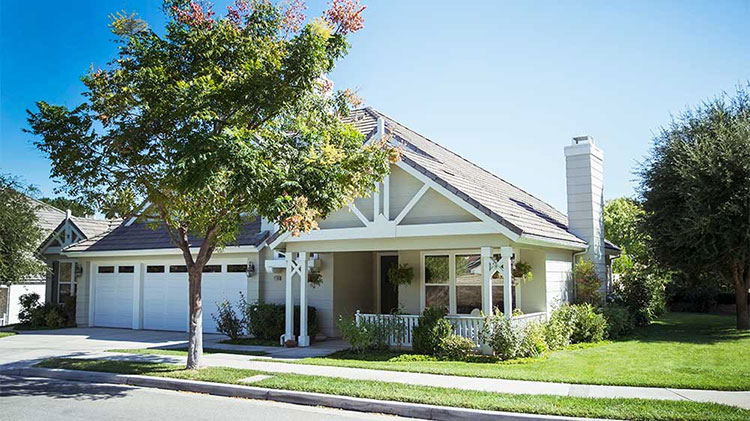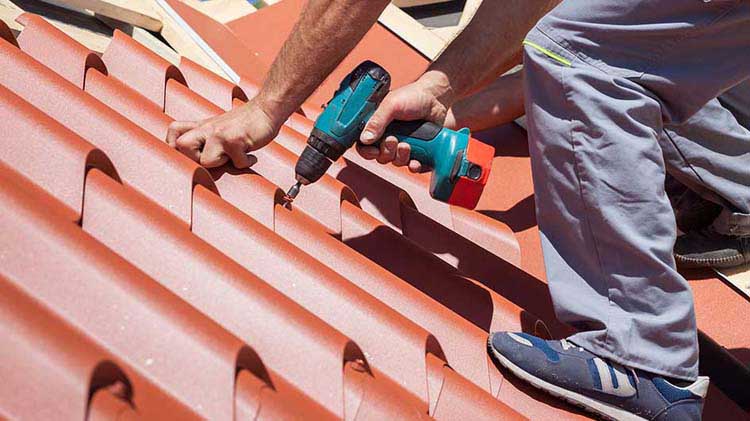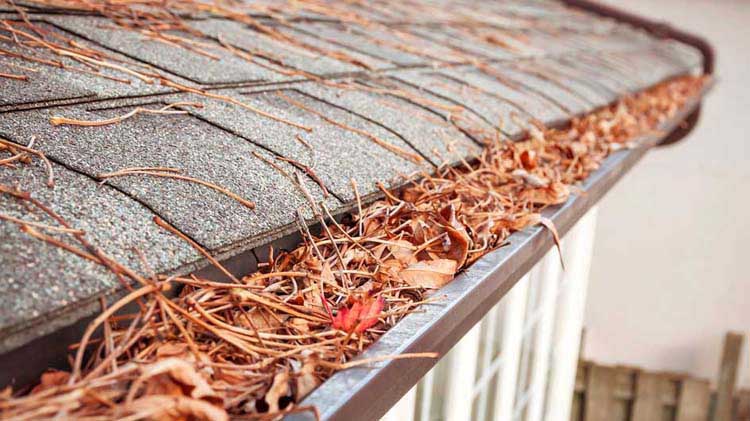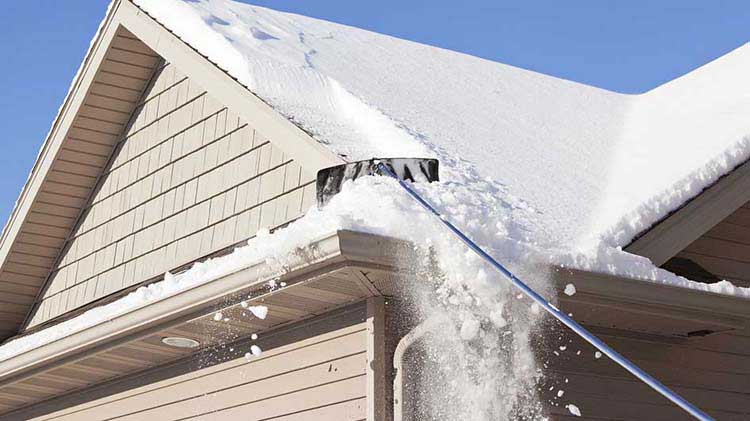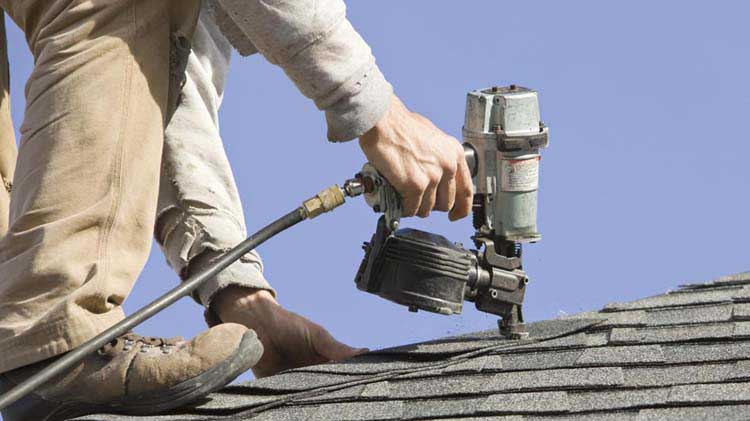Things to consider when replacing a roof
When your house needs a roof replacement, you might wonder what questions to ask a roofing contractor.
A roof replacement project can be an intimidating, expensive home improvement or home repair undertaking. There are lots of things to consider when replacing a roof, such as which material is right for your home, what questions to ask a roofing contractor and what goes into a roofing agreement.
Roofing contractor quotes
A typical contractor quote would include:
- Materials ― Includes shingles, underlayment, flashing, additional framing and insulation.
- Size ― Figured per roofing square, which equals a 10-foot by 10-foot area.
- Pitch ― Also known as the slope. Anything above a 7:12 pitch (7 = height, 12 = length) may require additional installation equipment and is probably more expensive.
Types of roofing materials
Evaluate the roofing material options and look at options that best match your home's style. Asphalt, metal, wood or synthetic are roofing materials that are adaptable to a variety of home styles. Impact resistant roofing shingles and other roofing materials are designed to resist hail, fire or flying debris damage and are available in a variety of styles. Shingles resembling wood or slate that are made of plastic, cement, molded polymer, recycled resin or rubber are available in multiple colors.
Here are a few options to consider.
- Asphalt ― Asphalt has a lifespan of 20 to 25 years, is the least expensive per square to replace and works with a variety of home styles. It's the most used choice, easy to install, has lots of color options, is widely available and is in the middle of all types of roofs for insulation properties.
- Slate ― Slate generally has a lifespan of 50 to 100 years, but it tends to be more rare and costly. You may consider this material if your home leans toward a colonial, European or French style home or property. Colors are typically organic or neutral hues.
- Wood ― Wood roofs typically last 25 to 30 years. Color selections are generally natural tones.
- Synthetic ― Synthetic roofs generally last up to 50 years. Color ranges may be more limited than asphalt, but there is still a range to choose from.
- Clay or concrete ― Clay or concrete generally has a lifespan of 40 to 50 years. This is typically a good choice for Mediterranean, mission, southwestern or Spanish-style homes or buildings. Clay or concrete roofs are mostly the color of the material or natural tones.
- Metal ― Metal roofs typically last from 40 to 75 years and can be an attractive option because of the minimal maintenance. Material choices include steel (galvanized, galvalume or weathering), aluminum, copper, zinc and tin. Color selections generally are basic green, blue, red and neutrals.
Questions to ask a roofer
Start with questions that help you learn more about your potential roofing contractor's experience and approach to roofing projects. Here are a few important questions to get answered.
- What's your official company name and physical address?
- Do you have workers' compensation and liability insurance? The former protects you if a roofing company employee is injured while on the job; the latter provides coverage should damage occur to your property while work is being completed. Ask for a copy of the policy declarations page as proof of the coverage.
- Will you do the work or will you subcontract it? Using a subcontractor is not uncommon. However, if one is used, ask for a lien waiver, which protects you if the subcontractor is not paid.
- Do you have a current license in my state, and do you have any outstanding violations? Be sure to verify the information if you are uncomfortable with the answers. Ask for a copy of the license.
- Do you have references to share?
- How long is the warranty? The bare minimum from a roofer is typically a year. The materials should have a separate warranty. The minimum is typically about 25 years.
- Who will monitor the job on-site? Ask for the phone number of the on-site person in charge, in case you have any questions or concerns while they are doing the work.
- What are added costs involved? Does the material choice require any special added work, such as framing?
- Do materials meet codes? Does the roof material meet local codes, including fire regulations?
Roofing contract agreement
After you've selected a contractor, you should receive a written roof replacement agreement. Agreements generally include the following:
- A detailed, written estimate ― The estimate should clearly state the quantity of materials needed and labor charges. This should include the description of work to be done and the price.
- Removal of the old roof ― That's the only way to check that the underlying structure doesn't have any issues.
- Cleanup and disposal services ― Who is responsible for the associated charges for clean-up and waste disposal?
- Plywood sheeting ― This goes under the shingles.
- Edging ― Where a roof meets the edge of a home — say, against a chimney — is a possible source of leakage. Metal or drip edging used in these key spots directs moisture toward gutters.
- Gutter protection ― This should indicate that any damage done to the existing gutters will be repaired or replaced. Typically, this occurs with the use of ladder stabilizers.
- Landscaping protection ― For example, ask what happens if one of their trucks creates ruts in the yard.
- Weather precautions ― Home protection during construction in case of rain and wind.
- Work specifications ― This should include the approximate start and completion dates and payment procedures.
- Warranty ― The materials should have a separate warranty and should be outlined in the contract.
Based on roofing materials, homeowners may be able to obtain a discount on their home insurance premiums. To learn more, contact a State Farm® agent today.
